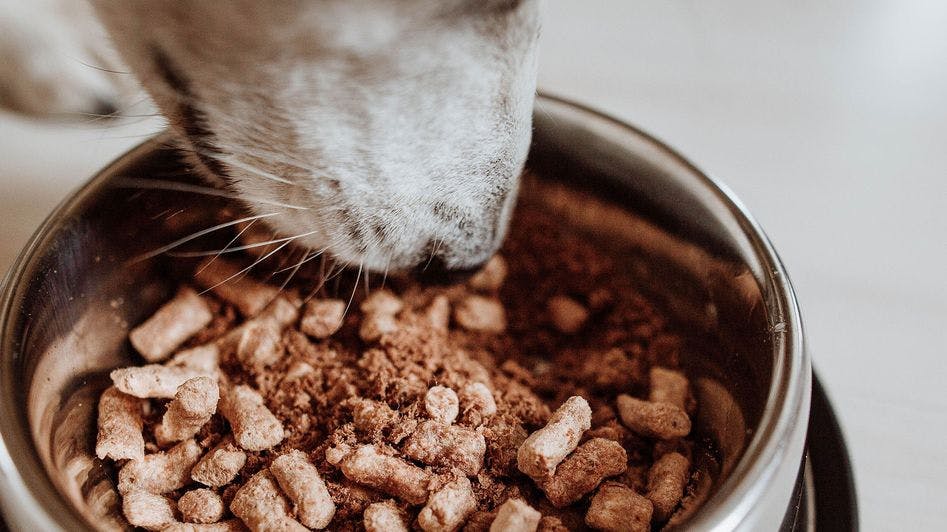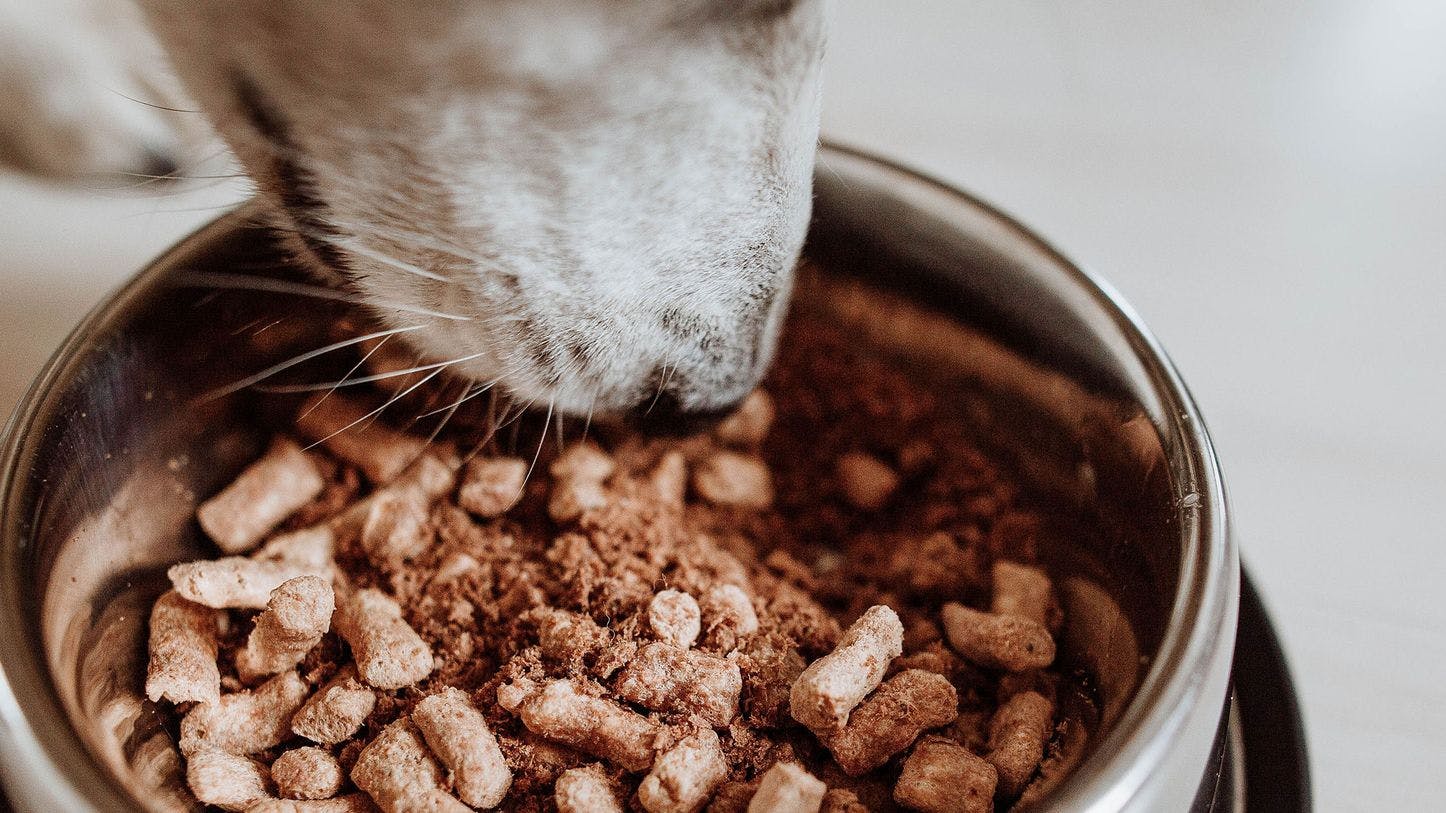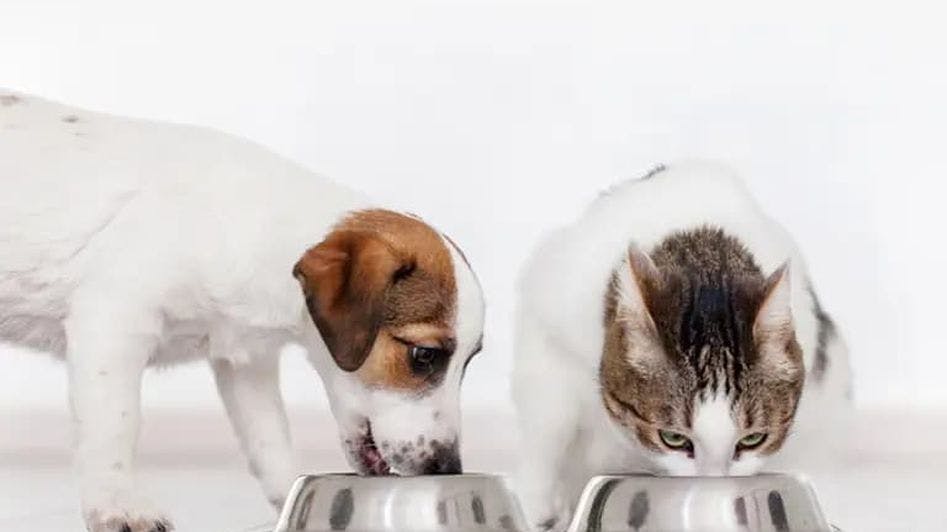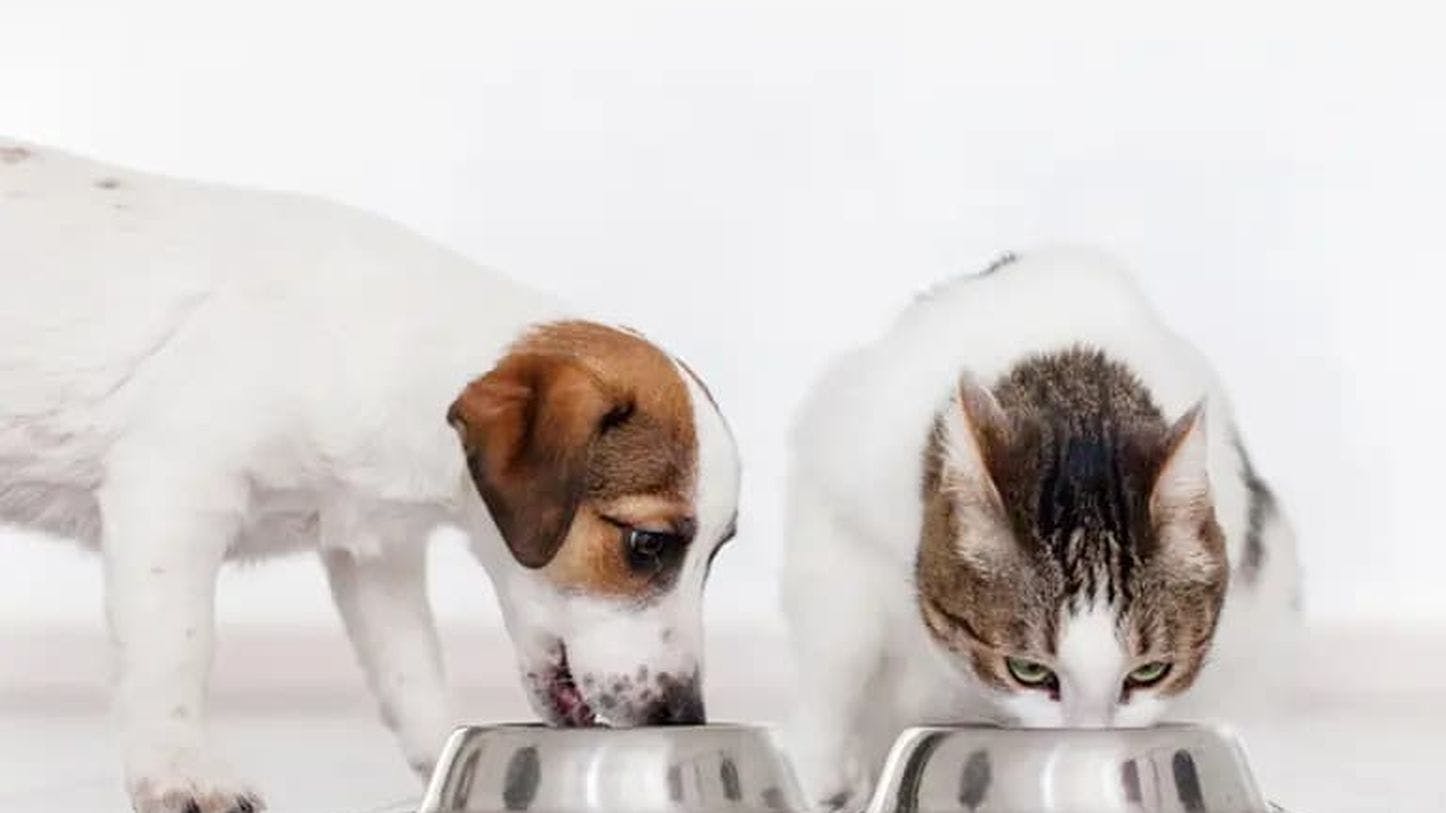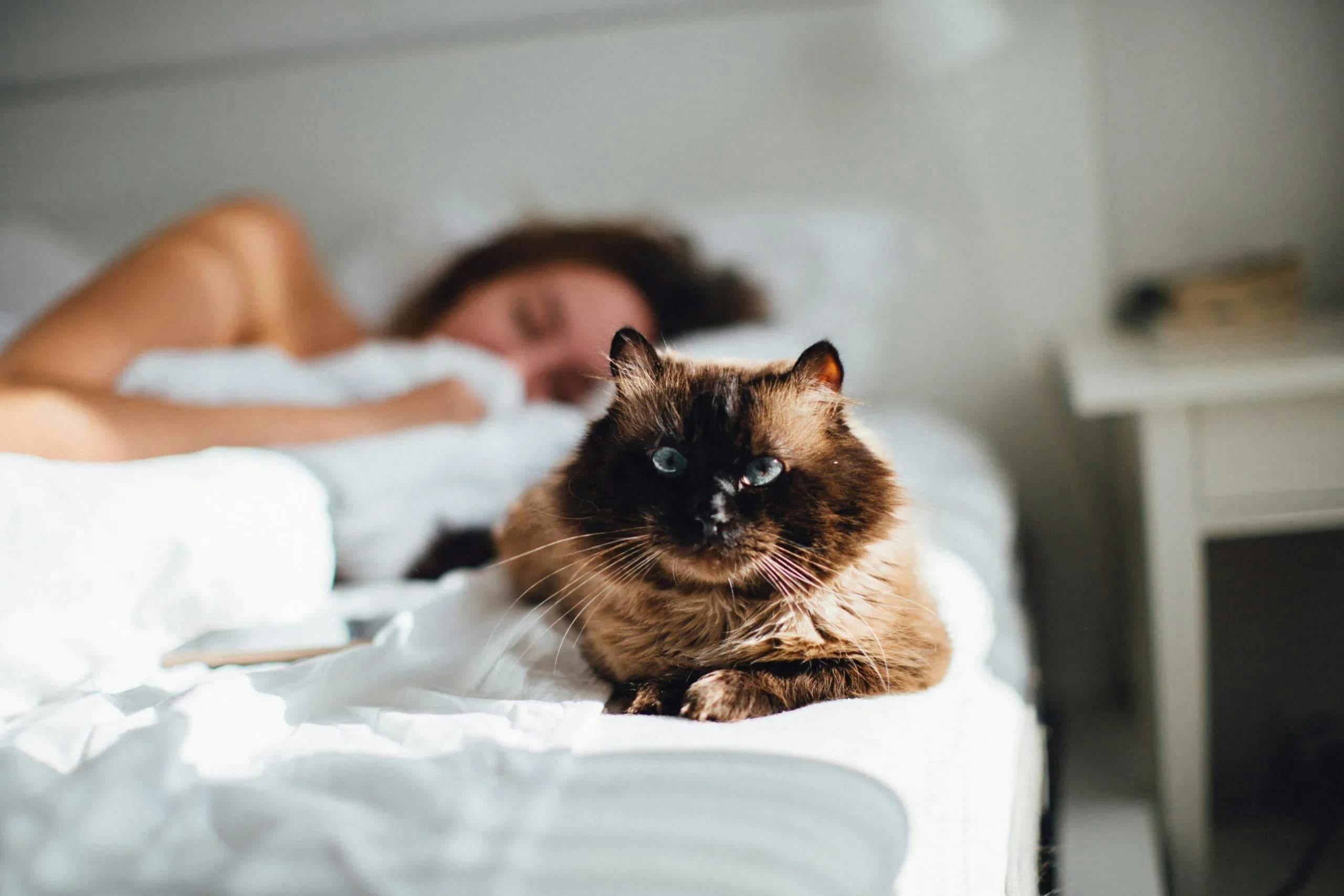
Tips
A Guide to Adjusting Your Pets’ Schedule for Daylight Saving Time
11.2.2020
Pets usually adapt to the Daylight Saving transition within a few days, but there are still steps you can take in advance to help your dog or cat calibrate to daylight-saving time.
How daylight saving time affects dogs and cats
Dogs and cats have a circadian rhythm or “body clock,” like we do. But while humans have a “body clock,” we plan our daily schedule around external timekeeping.
For our pets, their internal “body clock” is the only one they have. They don’t know or care that your alarm says 5:00 instead of 6:00, but they notice the change in their daily routine.
Daylight saving time throws a wrench into the works and puzzles our pets, as Alison Holdhus-Small, a research assistant at the Australia-based research and development organization CSIRO Livestock Industries, explains:
“When humans change the clocks for daylight saving, to suit our preferred working environment, from an animal’s point of view we are suddenly behaving oddly. To the animals, it is inexplicable that suddenly dinner is an hour later or earlier than expected.”
At the start and end of daylight saving time, dogs and cats that are used to waking up at a certain time are now being asked to wake up an hour earlier or an hour later. They are suddenly required to go potty at a different time than they usually would. Their meal times, the time they go for a walk, and the time their owner leaves and comes home have all changed.
The sudden change in daylight saving time can confuse dogs and cats, creatures of habit that feel most comfortable with a predictable routine.
How to help cats and dogs adjust to daylight saving time
If your pet gets confused by the changes caused by daylight saving time, there are some steps you can take to make the transition easier for them in the days leading up to the shift.
Start getting them used to the change in meal time. In the weeks leading up to the time change, feed them a few minutes earlier (or later) until, eventually, their meal time has changed to daylight saving time.
Keep your pets meal time the same year-round. Conversely, some experts recommend feeding your pet at the same time year-round regardless of the time change. That means you adjust your feeding time, so Fido or Fluffy stays on the same schedule.
Get up early to give your pet extra potty time. Plan ahead so that if your pet is confused by the time change they have a few extra minutes to adjust. This is especially important for dogs that are used to going potty at the same time each morning or for very young or very old dogs that may not be able to “hold it” for an extra hour. The extra few minutes will give you both time to adjust, and maybe you can have an extra cup of coffee while your pup is sniffing around.
Consider a pet sitter or dog walker. Some pets become lonely when their owner leaves earlier or comes home an hour later. Consider having a pet sitter or dog walker stop by to spend time with your dog or cat.
As with any changes in your dog or cat’s daily schedule, it may take some time for your pet to get used to. Use this as an excuse to spoil your pet (as if you needed a reason!) with lots of snuggle time and some yummy freeze-dried treats for cats and dogs.
For more information on Vital Essentials and our full product line, follow us on TikTok and Instagram. And if you have any questions, be sure to check out our FAQ page for answers. Together, we can ensure your pet gets the proper nutrition they deserve.
Featured in this article:


